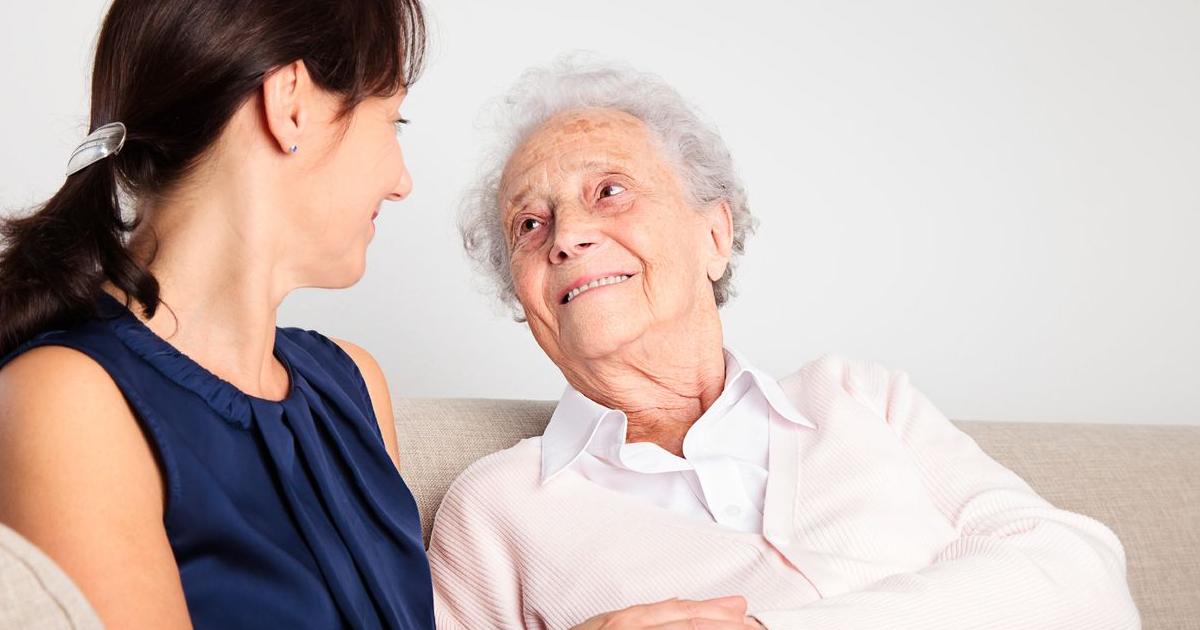Have An Overactive Bladder? You Aren't Alone And There Is Help
Aging

The natural process of aging is a prevalent cause of an overactive bladder in many affected individuals. Older individuals are more likely to experience an overactive bladder due to accumulated damage to the involved nerves and the progression of one or more neurocognitive disorders. These factors interfere with nerve signaling to and from the bladder. Older individuals are also more prone to experiencing a pelvic organ prolapse, reduced estrogen, an enlarged prostate, bladder stones, urinary tract malignancies, problems with the hips, weakened bladder muscles, and obesity. All of these factors can result in the development of an overactive bladder.
Older individuals have a greater likelihood of developing conditions that limit the use of their abdominal and pelvic muscles, which can also cause an overactive bladder. Any structural abnormality of the body that puts excess pressure on an individual's bladder such as skeletal deformities, edema, and numerous others can cause them to develop an overactive bladder. The increased prevalence of physical problems in the body as it ages is the main cause of age-related overactive bladder. Treatment for the underlying medical problems causing the overactive bladder may help alleviate symptoms.
